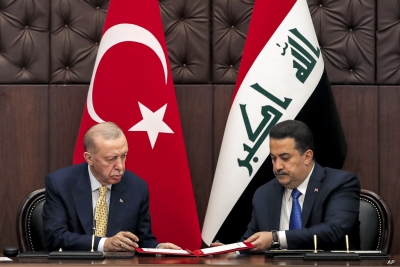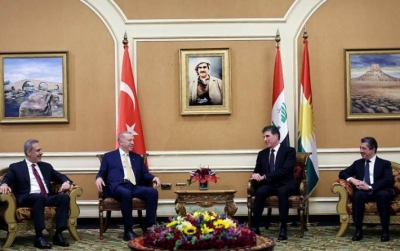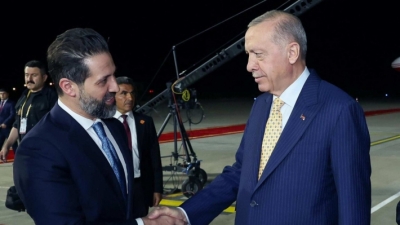x
Latest News
:

In the Muslim world today, one of the most fundamental dilemmas experienced by Islamic movements is being caught between the concept of being, in a traditional sense, a religious community, and in a more modern sense, a political party.
Previously I had touched on the example of the Pakistan Jamaat-i Islami movement, and how it had gone through similar phases in their relationship with politics as Egypt’s Muslim Brotherhood.
However, while in Pakistan Islamic movements have enjoyed a decent degree of freedom, Egypt has seen its Islamic movements constantly suppressed. All of a sudden, this system in Egypt collapsed without going through a transitional phase. Now, the interim regime is attempting to bury any Islamic movement outside of its control.
In Turkey the situation is very different. Generally speaking, religious communities are still illegal, so they have to present themselves as non-governmental organizations (NGOs). In other words, the only way it is possible for religious communities to operate is under the etiquettes of NGO system.
As was seen during the times when debates over NGOs were most intense, it will be useful to remember that the NGOs were established by religious communities that find their roots in the Ottoman era. However, to define these religious communities as NGOs during the Ottoman era is engrossing because they had been shaped under the conditions that were specific to that era, and their relationship with the state was determined.
Putting the Hegelian origins of the western interpretation of NGOs aside; how can these institutions, which procreate a different individualistic and societal thought, be reduced to an NGO by giving control of its lodges to the state and granting their scholars state approved diplomas? Religious communities cannot be understood in the framework of an NGO. Without understanding the Naqshibandi religious community, neither the Islamic culture nor the politics of this country can be understood.
Especially in this post-coup period, it seems as if these suppressed religious communities, who have disguised themselves as NGOs, have become accustomed to their new status. Becoming an NGO is no longer a matter of having no other choice; it has become an adopted standard.
In Turkey specifically, religious communities are caught between NGOs and politics. While some groups prefer not to get directly involved in politics, they often opt to support politics and gain strategic benefits from that support. The larger proportion, however, prefer to support politics passively without defining their agenda.
In opposition to passive right-wing politics, many economic activities have come about. When it comes to social life, in adopting their mission, they all prefer to be seen as NGOs.
The recent crisis in the relationship between politics, religious communities and NGOs surrounds a movement that has never attempted to portray itself as a traditional religious community but at the same time has never quite fit into the NGO category due to being active players in politics.
The degree of political and economic influence that takes an organization out of the NGO category is another debate all together, but the recent crisis in the relationship between politics and religious communities poses a threat to both camps.
On one hand there are those who say that the state should be obeyed, wanting to see everyone in line with the boundaries set by the state, whereas on the other hand there are NGOs and religious communities who want to reshape the state without taking any risks.
Both have a materialistic approach, taking the state and power as their basis, demonstrating their secular structure. The ideal individual or society model being promoted by secular politics and religious communities indicates a crisis born deep in the minds of Muslims.
On one hand there are some groups that were distant from the state but now this distance has been counted for nothing. This makes one ask why this is the case. On the other hand, the parlance which is used by both sides as well as the methods used in intra-state struggle, make society, religious communities, NGOs and politics more secular.
In the post-Kemalist era, while conservatives (including religious communities and NGOs) have become active elements of the state, groups have become more secularized and have thrown a covering over their dilemma with the system.
In the contradiction found across the Muslim world between the traditional understanding of a religious community and the modern understanding of a political party, Turkey has now added the inability to be an NGO as a new factor in this debate.
In case you missed it









